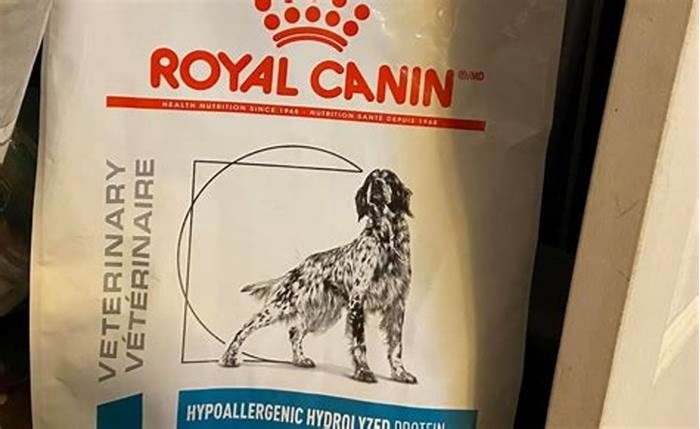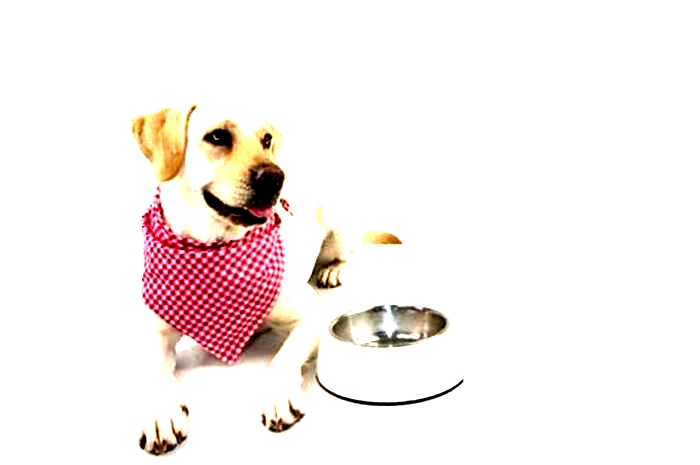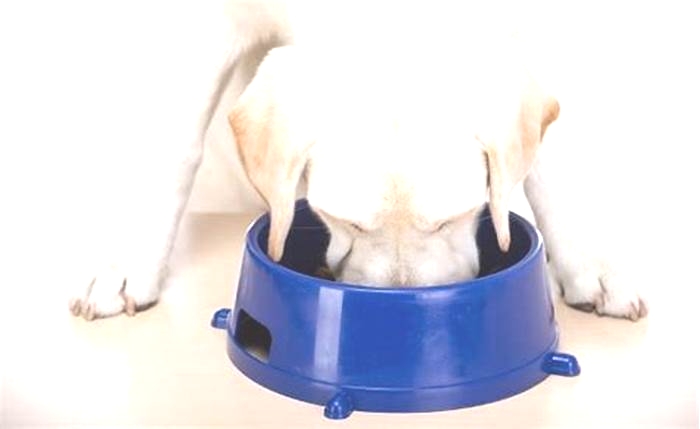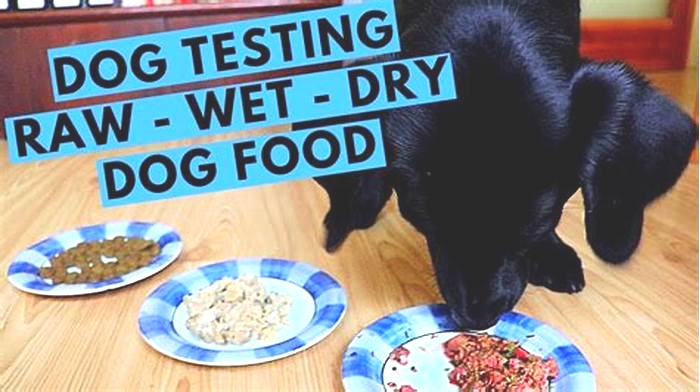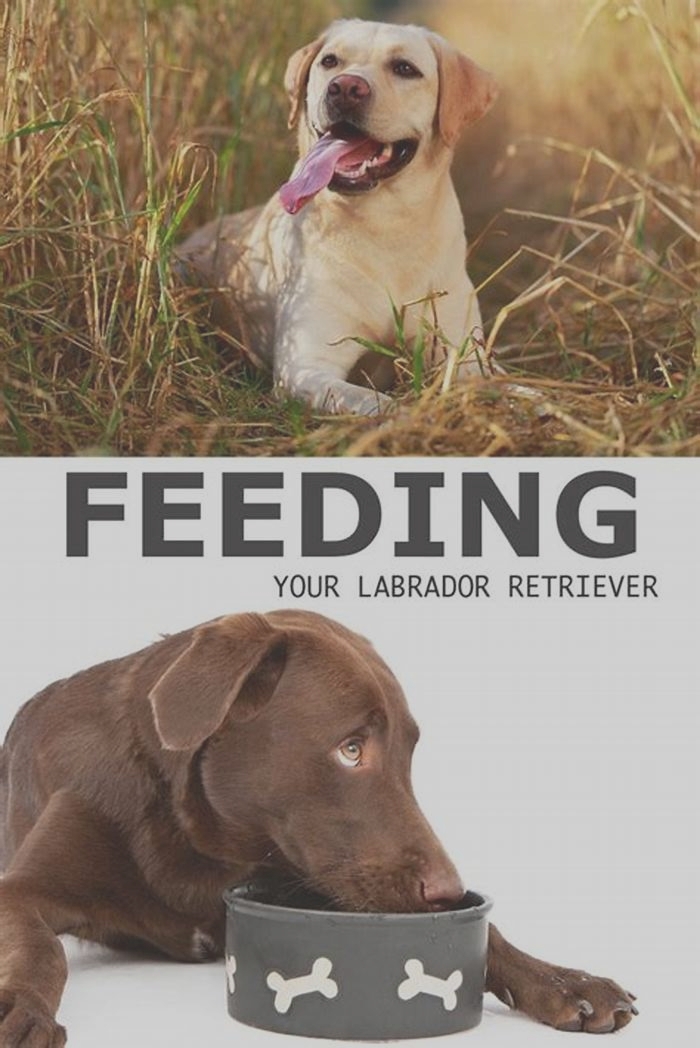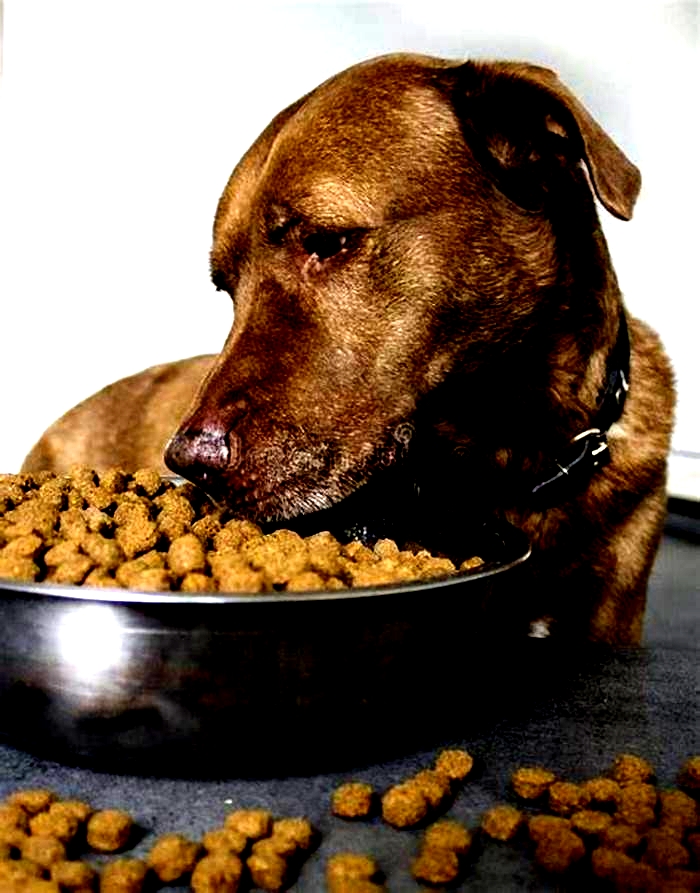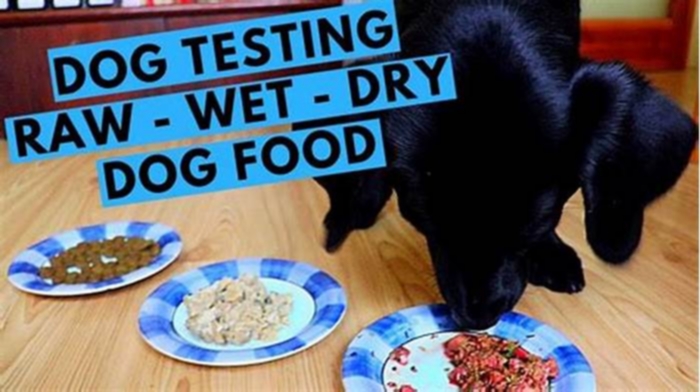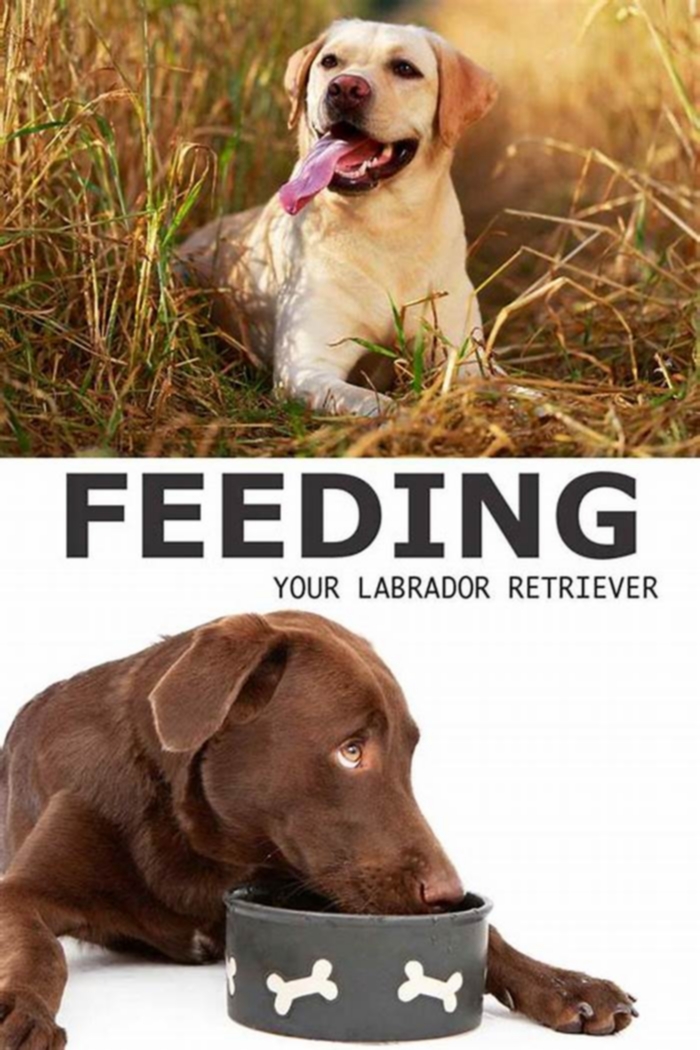What food do Labradors love
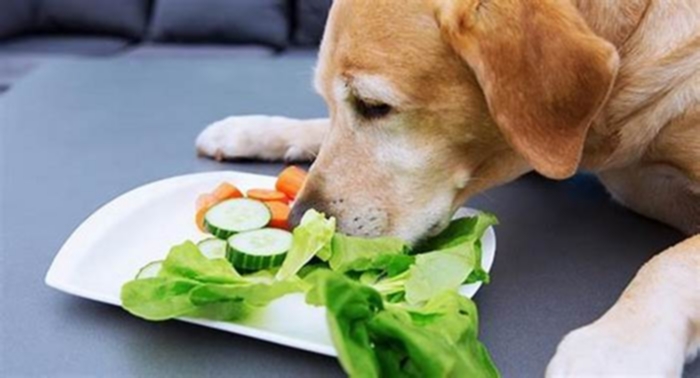
35 Healthiest Human Foods For Labradors That Theyll Love
As a Labrador owner, you know these dogs are more than pets; theyre family. Its natural to want to share your meals with them, but its crucial to know which foods are safe.
Labradors can safely enjoy a variety of human foods in moderation, such as lean meats, cooked eggs, and fish, along with fruits like apples, bananas, and blueberries, and vegetables such as carrots and green beans. Whole grains like brown rice and oatmeal are also safe.
Given their robust appetites and often less-than-discerning eating choices, Labradors especially rely on you to make smart, safe dietary choices so they avoid toxic foods like chocolate, grapes, onions, and garlic.
In this blog, well delve into a range of human foods that are both safe and beneficial for your Labrador.
Well highlight nutritious fruits and vegetables that can enhance their diet, along with occasional treats that are sure to get their tails wagging.

What Human Foods Can Labradors Eat?
Many people foods are perfectly safe and healthy for Labradors. Health benefits include maintaining a robust immune system, joint strength, allergy immunity, fighting cancer and other diseases, a healthy coat and skin, cleaner teeth, and fresher breath.
Lets dive into the list of human foods your Labrador can eat.
Apples
Labradors can eat apples. They are a great source of vitamins A and C, essential for maintaining healthy bones and tissue. They also contain fiber, calcium, potassium, and antioxidants, which help reduce the risk of many diseases, are excellent for the heart, and have an anti-inflammatory effect.
Most dogs enjoy the crunchy texture and the sweet taste of apples. They also help to keep their teeth clean and freshen their breath. Cut the apple into small pieces, and dont feed the seeds or cores.
Bananas
Labradors can eat bananas and are perfect for a healthy, low-calorie treat. They are high in potassium to support kidney and heart functions and contain vitamins B6 and C, biotin, fiber, and copper. Bananas are also fat-free and are low in sodium.
However, they are high in sugar, so only feed them sparingly and dont give the peel as your dog may have difficulty digesting it. My dog enjoys a few banana slices during a long walk, and they help provide a quick energy boost.
Beef
Labrador Retrievers can eat beef. They need a high-protein diet to provide the energy they need. Beef is an excellent source of high-quality protein and contains essential fatty acids, vitamins, and minerals. Beef provides your dog with healthy joints, muscles, skin, and a shiny, healthy coat.
You must cook all meats you give your Labrador unless your dog is used to a raw diet, and you must prepare the food hygienically. Meat should be lean, plain, and without salt or seasoning. A few shredded pieces always go down a treat and can be part of your Labs nutritious and well-balanced diet.
Berries
Labradors can eat berries, such as blueberries, strawberries, raspberries, and blackberries. They contain many valuable antioxidants that prevent or slow down cell damage and strengthen the immune system. Berries are full of vitamin C and fiber and are low in sugar, making them kind to teeth.
Berries are ideal for sharing with your dog, especially in the summer. You may need to experiment, though, as some dogs may not like their taste, whereas others will love them.
Frozen berries can be a welcome treat in warm weather to help cool your dog down and keep him hydrated.
Bread
Labradors can eat bread as long as it is fed in moderation. It is high in carbohydrates and calories, low in fiber, vitamins, and minerals, and has little nutritional value. Your dog may enjoy a small piece if he doesnt have a wheat allergy.
Offering bread as an occasional treat is okay, but remember that giving too much bread can cause weight gain and tooth decay due to the sugars it contains.
Warning:If you make your bread at home, you should not allow your Lab to eat the uncooked yeast dough as this can rise in his stomach, causing all sorts of serious problems, from bloat to alcohol toxicosis from the fermented yeast.
Broccoli
Labradors can eat broccoli in small quantities. Its high in fiber and vitamin C and is good for the immune system. Broccoli also helps to protect against heart disease and maintains healthy skin and bone.
The only snag is that it contains a chemical that can cause major gas in some dogs. So you should experiment first as things could end up being quite unpleasant! If you are feeding the stalks, make sure you cut them into small pieces.
Cantaloupe
Labradors can eat cantaloupe. It is an excellent source of fiber, vitamins, and potassium. Cantaloupes high antioxidant qualities promote healthy cell function and reduce the risk of serious diseases such as cancer and arthritis.
Cantaloupe (including honeydew melon and watermelon) is low in calories and high in water, making a nice and refreshing treat for your Lab. It is full of natural sugars, so only feed sparingly. Always remove the seeds and rind before feeding this fruit to your pooch.
Carrots
Labradors can eat carrots. They are an excellent food to feed your dog, either cooked or raw. Carrots are low in fat and contain high amounts of fiber, potassium, and beta-carotene that produce vitamin A, which is excellent for healthy eyes, bones, and the immune system.
Carrots are also good for blood pressure and cardiovascular health and reduce cancer risk. They are also excellent for the immune system and weight loss.
My dog loves crunching on a piece of raw carrot, which also helps to clean her teeth. Carrots are one of the best human foods you can give your dog.
Cashews
Labradors can eat cashews, and they are, by and large, one of the safer nuts your dog can eat. Their high protein, fiber, and heart-healthy fats make them okay for your dog. You should only give them sparingly to prevent obesity and pancreatitis due to their high fat content.
One or two cashews are an excellent reward on a long hike and will give your Lab an energy boost. However, you should be mindful that all nuts are a choking risk to canines.
Ensure they are salt-free and dont feed chocolate-coated cashews, as both are highly toxic to dogs, especially if eaten in large quantities.
Cheese
Labradors can eat cheese. This high-value protein treat is a great human food that your Lab will love, as long as its given in moderation, as its high in calories and fat. Healthier options are low-fat varieties or cottage cheese.
Nonetheless, a small chunk of cheese has nutritional benefits as it contains calcium, zinc, phosphorus, and vitamins A and B12. I enjoy letting my dog have a little cheese for a well-deserved treat.
Some dogs may be unable to tolerate cheese due to their inability to digest lactose, the main carbohydrate in dairy products. As a result, youll have to experiment first. It is, however, one of the dairy foods with the least quantity of lactose.
Warning:Blue cheese and other moldy cheese, should not be fed as the mold produces a mycotoxin, which is poisonous to dogs.
Chicken
Labradors can eat chicken, and countless dog foods contain chicken. This high-protein food will provide your Lab with lots of energy. Its also a great source of Omega 6 fatty acids that are excellent for your dogs skin and coat. Chicken also contains glucosamine for healthy bones.
Ensure the chicken is plain and avoid the skin as this is high in fat.
Dont feed raw chicken due to the risk of salmonella unless your dog is used to a raw diet and you buy specially prepared raw food. Never feed cooked chicken bones, as these are fragile and can break in your Labradors mouth and cause nasty injuries or choking.
I often add pieces of leftover roast chicken to my dogs bowl which certainly doesnt last long!
Coconut
Labradors can eat coconut. It contains abundant antioxidants to support the immune system, reduce inflammation, and prevent viruses. Your dogs skin and coat will also benefit from coconut oil; however, the meat is healthier.
Coconut is an enjoyable human food to give to your Labrador. It can be kind of confusing, but coconut is actually a fruit! Therefore, it does not contain most proteins that cause tree nut allergies or sensitivities, such as almonds or cashews.
You can try feeding your Lab a small piece to see if he likes it, but remember to remove the shell first.
Corn
Labradors can eat corn. This starchy vegetable can provide fiber, protein, vitamins, and minerals for your Labrador. It is also rich in linoleic acid and antioxidants. But, as its high in carbohydrates, you should only feed a small amount.
Nonetheless, corn is not the best choice of vegetable for your dog Im sure you will have noticed that it tends to pass through the gut pretty much intact, but it does help a little with gut health.
Despite this, I think its a great choice if your dog needs a quick energy boost during spells of high exercise. Do not feed the cob, as this is a choking risk, and avoid canned corn, as its usually high in sodium.
You should also not feed popcorn containing butter or salt to your dog. Plain popcorn can be okay, but as theres a risk that the kernels could get stuck in your Labradors teeth, I would avoid it.
Cucumber
Labradors can eat cucumbers, and they offer lots of nutritional value. They contain calcium, magnesium, copper, and potassium and vitamins K, C, and B1. Cucumbers are 96% water, making your dog a healthy, low-fat, and refreshing treat.
Cucumber is often the topic of many discussions among culinary experts. Its technically a fruit, although you may find it in the stores vegetable display.
Most canines love this refreshing delight. Ensure you remove the peel and chop it into small pieces before serving.
Eggs
Labradors can eat eggs. They are perfectly safe, are a fantastic protein option, and are loaded with healthy vitamins, minerals, amino acids, and fatty acids, all of which serve your dog many nutritional benefits. Eggs are known for having the perfect balance of nutrients.
Despite the controversy around eggs decades ago, scientists have concluded that their high levels of dietary cholesterol are not associated with heart disease and that saturated fat has a far more significant effect on blood cholesterol levels.
It is best to cook eggs first before feeding your dog due to the risk of salmonella in raw eggs, although this risk is low and can be further minimized by using free-range eggs and storing them in a cool, dry place.
Green Beans
Labradors can eat green beans. They are highly nutritious, full of essential vitamins, minerals, antioxidants, and fiber, and are low in calories. Green beans are excellent for your Labs immune system, have anti-inflammatory properties, and are good for overall health.
Most dogs tend to enjoy green beans. Its best to cut them up into small pieces to prevent choking and aid digestion. You can also give canned green beans to your dog as long as they dont contain salt or other additives.
Milk
Labradors can drink milk. However, as with all dairy foods, whether you give it to your dog depends on whether he can tolerate the lactose. Nonetheless, milk contains high amounts of calcium and vitamin D, making it good for healthy teeth and bones.
Milk also contains potassium, which is excellent for the heart. Furthermore, it has all essential amino acids, many vitamins, minerals, and healthy omega-3 fatty acids.
A few tablespoons of either cows or goats milk are enjoyable foods for your best friend. My dog enjoys a small bowl of milk once a week without any adverse effects.
Noodles
Labradors can eat noodles. Although a low nutritional food, they contain micronutrients such as iron, folate, manganese, and B vitamins. Noodles should not be a regular part of your Labs diet, but once in a while is okay so long as they are not allergic to wheat or eggs.
A small treat of plain noodles is, therefore, safe human food for Labradors. Noodles are made with soft flour milled from common (bread) wheat and mixed with water or eggs.
So, as mentioned, if your dog is allergic to eggs, avoid egg noodles. Likewise, if your dog has a wheat allergy, he should avoid noodles altogether.
Another thing to watch out for is that dried noodles often contain a high amount of salt (sodium), so you will need to check this first. Japenese ramen noodles are loaded with sodium or flavored with soy sauce, and your dog should not eat these.
Oatmeal
Labradors can eat oatmeal as long as its given sparingly. This staple food is high in fiber and loaded with other nutrients such as vitamins, minerals, and antioxidants. It also contains linolic acid that helps to keep your dogs skin healthy.
Oatmeal is also a great alternative if your dog is sensitive to grains or wheat, although, contrary to popular belief,a food allergy in dogs is rare.This misconception is due to the often misleading marketing of grain-free dog foods.
Mix the oatmeal with water and serve cooked with nothing added, such as butter or syrup. Your Labrador will enjoy one or two spoonfuls added to his food. Remember, this food is a carbohydrate and is high in calories.
Parsnips
Labradors can eat parsnips. They are excellent veggies for your Lab as they contain plenty of potassium, folic acid, and vitamins C and B6. They are ideal for healthy kidney function, support the nervous system, are excellent for your dogs metabolism, and contain antioxidants to fight cancer.
Parsnips are better cooked, but dogs can eat them raw if cut into small pieces. Sometimes, I will mash some cooked parsnip and add it to my dogs bowl as she enjoys the sweet taste. Ensure you only feed in moderation, as parsnips are quite starchy (like other root vegetables such as beets, sweet potatoes, and carrots).
Pasta
Labradors can eat pasta as long as its cooked and eaten plain. Once considered fattening and starchy, this staple food is now regarded as nutritious, providing energy. Although high carb, whole-grain pasta is high in fiber and provides a good source of manganese and selenium.
Pasta tends to be made from semolina flour, which is milled from durum (hard) wheat. Water or eggs are then added where its mixed into a dough and made into various shapes and sizes, and finally cooked by either baking or boiling.
Dogs should not eat pasta sauces, so go easy on the spaghetti bolognese! They often contain garlic and onions, which are both poisonous. Labs with a wheatallergyor a sensitivity to grains or eggs shouldnt eat pasta.
Peanuts
Labradors can eat peanuts. They are rich in healthy unsaturated fats, fiber, and vitamins and minerals. However, as they are high in fat, they can cause stomach upset, so feed sparingly. Due to their high-calorie count, they can also cause weight gain.
You should also consider thegeneral risks of choking.Although they are okay for your dog to eat, as they are not toxic, there are the risks Ive mentioned above. It isnt something Ive fed my dog, but Ill let you decide when it comes down to whether you should feed your dog peanuts.
Fun Fact! Did you know thatpeanuts are not technically nuts?They are legumes, similar to peas and lentils, growing in pods that mature beneath the ground. However, for nutritional and culinary purposes, peanuts are considered nuts.
Peanut Butter
Labradors can eat peanut butter if it does not contain xylitol (a sugar substitute) and is fed in moderation. Peanut butter is an excellent source of healthy fats, protein, niacin, and vitamins B and E. As its high in fat and calories, half a teaspoon is okay occasionally.
As xylitol can be highly toxic and can cause your dogs blood sugar to drop, cause seizures, and lead to liver failure, carefully check the label and always choose an organic brand with nothing added.
Peanut butter is a high-value treat and is, therefore, ideal during training sessions.
Many dog lovers also conceal medication in peanut butter, and its a sneaky way to distract your dog during bath or grooming times if you use a dog licky mat and smear it with yummy peanut butter.
Peas
Labradors can eat peas. They are excellent for the eyes, heart, and skin due to their several vitamins, such as A, K, and B. Peas also contain iron, zinc, magnesium, potassium, and fiber. As starchy carbohydrates, they are good for boosting energy. They are also gentle on your Labs digestive system.
Peas are an excellent food you can easily add to your dogs bowl at mealtimes. Fresh or frozen peas are okay, but avoid the canned variety due to the high salt content.
Pineapple
Labradors can eat pineapple, a juicy fruit full of vitamins and minerals. It also contains fiber that is good for your dogs digestion and immune system and bromelain to help absorb proteins. Pineapple fights inflammation, promotes tissue healing, aids digestion, and relieves arthritic pain.
As its pretty sugary, only feed sparingly unless your Labrador needs a quick energy boost during periods of intense activity. Frozen chunks of pineapple make an excellent treat in warm weather they will help keep your dog cool and hydrated. However, avoid canned pineapple due to its high sugar content.
Pork
Your Labrador can enjoy eating pork as long as its cooked and free from seasonings and spices. This high-protein food contains many vitamins and minerals such as thiamine, zinc, vitamins B6 and B12, iron, niacin, and phosphorus. Pork is excellent for your dogs muscle growth and maintenance.
Your Lab should not eat raw pork as it contains a parasite that can cause an infection unless your dog already eats a specially prepared raw diet. All fat must be removed as too much can lead to an upset stomach and inflammation of the pancreas.
Never let your dog have cooked pork bones, as they are very brittle and can splinter into sharp pieces in his mouth or along his digestive tract. They are also a choking risk.
Processed pork meats, such as bacon, ham, and sausage, should also not be eaten due to their high salt content.
Potato (Cooked)
Labradors can eat potatoes if theyrecooked and the skin removed.Raw (and green potatoes) contain solanine, a toxic compound. However, the cooking process eliminates this danger.
Potatoes are starchy vegetables containing vitamin C, B6, iron, and magnesium. Being a high carbohydrate food, they provide lots of energy, so you should only feed sparingly. You can mash, bake, or boil them, but dont add butter or salt.
Pumpkin
Labs can eat pumpkin; it is an excellent human food for your dog. Its loaded with a range of vitamins and minerals, including vitamin A, potassium, and iron, and contains a high amount of the antioxidant beta-carotene.
Pumpkin is full of insoluble and soluble fiber and is ideal if your dog is constipated or has diarrhea! The seeds are also safe to eat.
Pumpkin is best cooked your Lab will have difficulty digesting it raw. It can be mashed and added to your dogs food. As its low in calories, its also great for overweight dogs, especially if you want to reduce some kibble and replace it with some pumpkin.
Rice
Labradors can eat cooked plain rice, a common ingredient of dog food. Its an excellent source of calcium, fiber, iron, vitamin D, thiamine, and riboflavin. However, brown whole-grain rice is a healthier option, so look out for this when choosing your brand.
Rice is a carbohydrate and, therefore, must be eaten in moderation, but as long as your dog maintains a healthy weight, a little rice added to his meal every now and again will cause no harm.
Cooked plain white rice (not brown) is given to a Lab suffering from diarrhea. Its easy to digest, low in fiber, and helps with runny poop as it binds stools together.
Salmon
Labradors can eat salmon, which is an excellent choice of fish for dogs. Its a good source of omega-3 fatty acids with various functions, including keeping your dogs skin and coat healthy, supporting his immune system, and reducing inflammation.
Salmon is a high source of protein and is in many top-quality dog foods. Never feed raw salmon to your dog, and ensure its thoroughly cooked as it contains parasites that can cause poisoning. Also, ensure it has no bones, so its best to choose a boneless fillet if you give your dog some of this tasty people food.
My dog adores salmon. If we eat salmon for dinner, its the only time she will come over to the table, lie down, patiently wait, and hope for a taste!
Sweet Potato
Labradors can eat sweet potatoes. They contain beta-carotene, which is excellent for growth and vision, are a natural source of fiber, and contain vitamins such as C, B6, E, and A. They are superb for the overall health and well-being of your dog.
Sweet potatoes are a better option than cooked white potatoes as theyre more nutritious. But, as a starchy carbohydrate, they are probably best avoided if your Labrador is overweight, less active, or diabetic.
Sweet potatoes should be cooked (and the skin removed) before feeding your dog. You can bake, mash, or puree them. Due to their nutritional value, they are a popular source of carbohydrates in high-quality dog foods.
Tuna and Mackerel
Tuna and mackerel are excellent foods for your Labrador to eat. They are a superb source of omega-3 fatty acids, which promote heart and eye health and make your dogs coat shiny. They also contain many healthy vitamins and minerals such as vitamin D, B12, B6, iron, potassium, magnesium, and antioxidants.
There is some mixed opinion on whether dogs should eat tuna and mackerel due to their higher mercury levels than other fish. However, as with most human foods you give to your Labrador, moderation is key.
When feeding a small amount of canned tuna, ensure its in water with no added salt. My dog quickly devours a few chunks of canned tuna scattered over her food.
Turkey
Labradors can eat Turkey, a high-protein food rich in nutrients such as B vitamins, including thiamine and riboflavin. Its also loaded with minerals such as zinc, magnesium, potassium, and phosphorous. Turkey also contains selenium, which helps to regulate metabolism.
Its no wonder this high-energy food is a prevalent ingredient in commercial pet foods, and its no surprise that cooked turkey is wonderful to give to your dog from your plate as long as its plain and without seasonings, onion, or garlic.
Turkey breast is healthier as the legs contain more fat. Avoid feeding the skin, as its also high in fat. Ensure no bones are in the meat, as cooked bones can easily splinter in your dogs mouth or become a choking hazard.
Yogurt
Labradors can eat yogurt. Yogurt is ideal for dogs as its high in calcium and protein and can also act as a probiotic, which is excellent for your dogs digestive system. Stick to Greek yogurt or low-fat, plain, natural yogurt.
Also, check that the yogurt doesnt have artificial sweeteners (like xylitol) or added sugar and fat, and only feed a tablespoon or two to prevent a tummy upset. I like to add a blob or two to my dogs food, which always goes down a treat.
Can Labradors Eat Human Food?
Labrador Retrievers can eat human food.We mustnt forget that dogs historically ate people food long beforethe invention of dog food!
But whats the real story?
Dogs evolved from wolves thousands of years ago, and as they lived alongside humans, they shared food.
A dogs diet was much like its owners they got whatever could be spared, such as scraps of bone with leftover meat and cartilage, horsemeat, cabbage, potatoes, and stale bread.
As society progressed and dog ownership grew, there were never enough table scraps and leftovers to feed our dogs, and so in the 1850s, the first dog biscuit was created by businessman James Spratt.
The biscuit was made from wheat, vegetables, and beetroot, bound with beef blood, and was the start of commercial dry dog food as we know it. In 1922, canned wet food was introduced, the main ingredient being horsemeat.
Why does this matter?
In short, it doesnt, as nothing has changed! Nowadays, you can buy luxury dog food containing duck, salmon, berries, and pumpkin but ITS LITERALLY HUMAN FOOD IN DOG PACKAGING!
Learn More About Why Dogs Can Eat People Food In This Video
How to Feed Human Food To Dogs
When feeding your Labrador human foods, there are a few important safety rules you should follow:
- Human foods that you feed your Labrador should be in moderation.The general rule is that treats should make up no more than 10% of your dogs daily calories.
- Introduce different foods gradually.This should prevent any unwanted side effects.
- Cook all meats unless your Lab is familiar with a safely prepared raw diet.Make sure the meat is lean with all fat removed and free of bones, as small bones can easily splinter and cause damage to your dogs mouth or throat, choking, or a digestive blockage.
- Avoid processed meatssuch as ham, sausage, and bacon, as they contain high amounts of salt or seasoning.
- Dogs with lactose intolerance should not consume dairy products.There are different levels of lactose in dairy foods, so your Labrador may be able to tolerate some foods but not others. For example, my dog can eat cheese and yogurt, but she reacts to even a few licks of heavy whipping cream!
- Fish should be cooked due to the risk of bacteria. Dont add any additional oils or seasonings, and remove all bones. Longer living species of fish, such as mackerel and tuna, may contain high amounts of mercury, so if you opt for these types, feed sparingly.
- Remove seeds or pits from fruits. Examples are nectarines, peaches, and plums. They contain toxic cyanide traces, and they are also a choking hazard. Check out my comprehensive guide,29 Fruits Labradors Can Eat, for greater insight.
- Vegetables are better cooked. This is because dogs find them easier to digest, but some can be given raw, such as carrots and green beans. You can find more about this topic in this article,28 Veggies Labs Can Eat.
- Bones. Labradors can eat bones, but they should be raw as cooking them makes them brittle and prone to breaking in your dogs mouth, causing injuries. Bones should also be larger than the muzzle to prevent choking. A beef shank bone is perfect.

Unsafe Foods
Poisoning episodes in dogs are usually due to the owners lack of knowledge, as reported byFrontiers in Veterinary Science. So, as we learn what human foods Labradors can eat, we should also find out what foods they cant eat.
Below is a list of the poisonous foods that your Labrador cant eat. Some poisonings could result in severe illness or worse depending on the amount consumed and the potency.
You can find more details about toxic foods for Labs in this article.
- Alcohol
- Avocado
- Caffeine (coffee, tea, etc.)
- Cherries
- Chocolate and cocoa
- Garlic
- Grapes
- Raisins
- Macadamia Nuts (Australian nuts)
- Mushrooms
- Nutmeg
- Onions, Shallots, Leeks, and Chives
- Potato (raw or green)
- Rhubarb leaves
- Salt
- Star fruit
- Tomatoes (green)
- Xylitol (sweetener)
- Yeast dough
- Walnuts (black)
Suppose you are unsure about the toxicity of foods, plants, medicines, and household items your dog has accidentally consumed. In that case, thePet Poison Helpline is available 24 hours daily for expert help and advice.
Alternatively, if you suspect your dog has consumed something potentially deadly, consult your veterinarian immediately, as timing can mean life or death in severe cases of dog poisoning.
Final Thoughts
Your Labradors culinary journey can be both safe and exciting! You can share various human foods with your furry friend, from lean meats and wholesome grains to delicious fruits and veggies.
Just remember to avoid the no-nos like chocolate and grapes and keep these treats as just that treats. Always check with your vet for a tail-wagging approval on new foods.
Related Posts You May Like:


